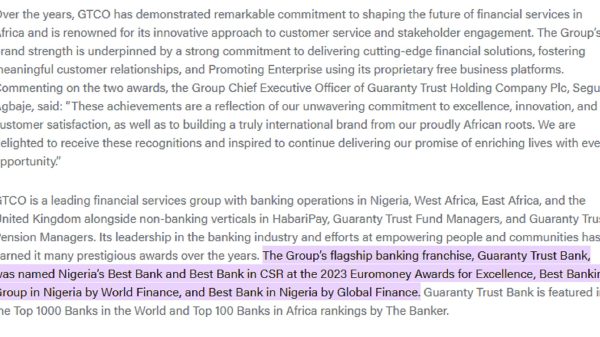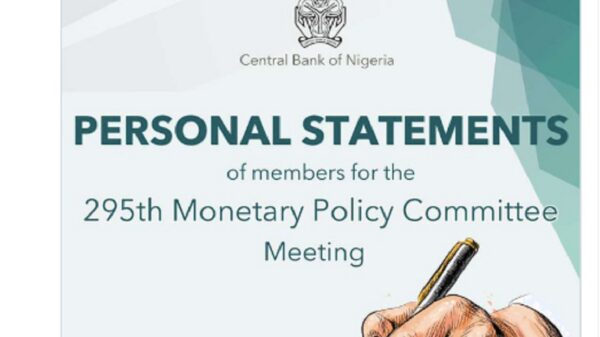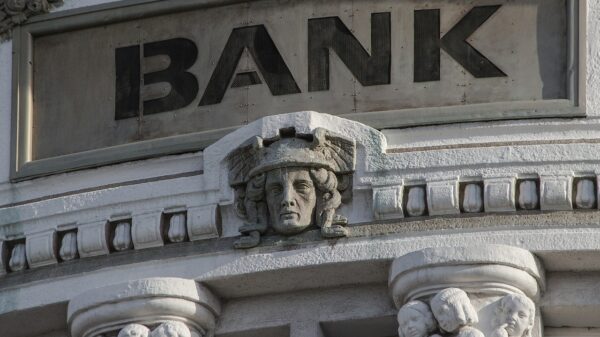The insurance industry generated N508 billion gross premium in 2021, out of which N224 billion was paid as claims.
This is according to Chairman, Nigerian Insurers Association (NIA), Mr Ganiyu Musa.
Musa, at a news briefing in Lagos, stated that the N224 billion claims paid represented 44% of the total premium.
What the NIA boss is saying about the insurance industry
He said that the association would continue to complement the efforts of the National Insurance Commission (NAICOM) in its campaign on the domestication of compulsory insurance in states.
“It is our expectation that laws on compulsory insurance can be domesticated in other states just as Lagos State has done. Beyond the efforts of the Commission, NIA has also upscaled its market development initiatives through strategic engagements with various states,” he said.
The association’s measures, according to Musa, include a joint effort with the Lagos State government to enforce and validate real compulsory third-party motor insurance.
According to him, the policy was required by Lagos State legislation using the VIS’s Automatic Number Plate Recognition (ANPR) equipment and the Nigerian Insurance Industry Database (NIID) Verification Platform.
NIA is in talks with the Lagos State Building Control Agency (LASBCA) about using the NIID Verification Platform to enforce, verify, and validate real required Buildings Under Construction Insurance, according to Musa.
On the implementation, enforcement, and validation of genuine compulsory Occupiers Liability Insurance, he said the NIA was working with the Lagos State Safety Commission, Nigeria Council of Registered Insurance Brokers, and Courteville.
The Nigerian Insurance Industry Database (NIID) Verification Platform, according to Musa, has made the policy necessary by law for all public buildings.
“The exercise will be launched on April 28 and enforcement will commence in May, so we are building capacity of its members to enhance compliance in line with the emerging regulations,” he said.
According to Musa, discussion is ongoing between NIA, NAICOM, Nigerian Shippers Council, Project IT Vendor-BrandOne and all other stakeholders in the maritime value chain on the provision of cover for containers.
He said, “the stakeholders also include Shippers/Importers, Clearing Agents, Track Owners, Guild of Marine Surveyors, PRAN and Tracking Companies. This will be a risk management substitute for container deposits being made by the importer to the shipping companies, thereby eliminating capital flight from the country.”
Musa said that the association, with the help of her team of actuaries, was also having discussions on the development of a cover for Export Credit Guarantee Insurance and Political Risks for the banks and exporters.
FOR MORE INFORMATION VISIT: https://ksbcjournal.com/
Article Originally Published Here






















































You must be logged in to post a comment Login